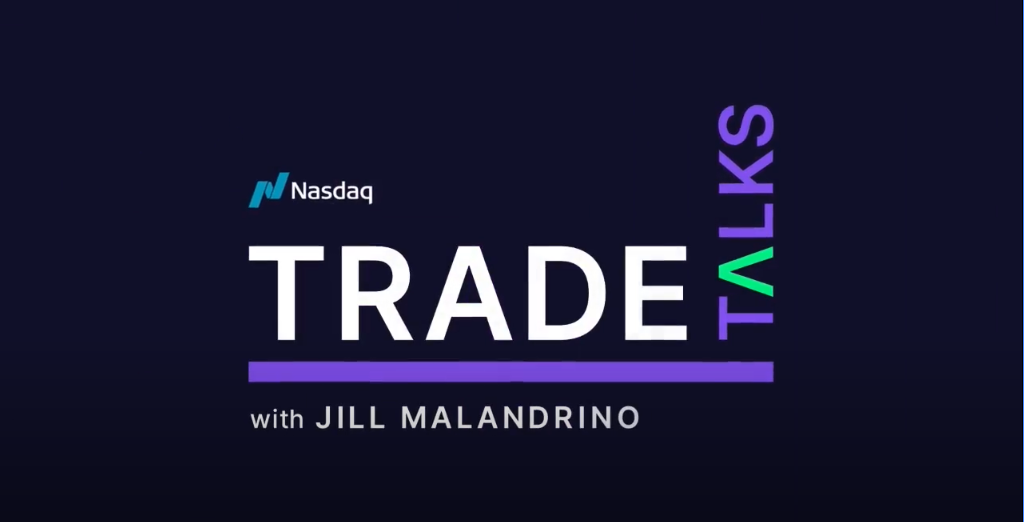Study Finds Empowering Workers Can Backfire
There is an increasing body of work demonstrating the benefits of empowering workers, but a new study finds that efforts to empower employees need to be coupled with efforts that allow those employees to do their jobs well. If institutional obstacles make it difficult for workers to thrive, empowering them can lead to unethical behavior.
Empowered employees are workers who have been given considerable discretion regarding their work and who feel that their work is meaningful. Research has found that empowering workers leads to better job performance, greater creativity, and improved employee retention, among other benefits.
“We wanted to know if there were circumstances where empowered employees would use their increased power and discretion to behave unethically – and we found that there are other things leaders need to do if they want to garner the benefits of empowerment and reduce associated risks,” says Brad Kirkman, co-author of a paper on the study.
“To be clear, this isn’t an argument against empowering employees – that’s still a good idea. Rather, this is highlighting the fact that empowerment by itself isn’t enough.” Kirkman is the General (Ret.) H. Hugh Shelton Distinguished Professor of Leadership in North Carolina State University’s Poole College of Management.
To explore potential risks associated with empowerment, the researchers focused on “hindrance stressors,” which are work demands that make it difficult for employees to do their jobs well. Hindrance stressors include things like red tape, unclear job tasks, conflicting requests from supervisors, or coworkers getting undeserved rewards or promotions.
The researchers hypothesized that if employees are empowered but face significant hindrance stressors, they could become “morally disengaged.” This, in turn, could lead to unethical pro-organizational behavior, such as lying to make their company look good, withholding negative information from customers or clients, or concealing information from the public.
To see if there was any relationship between empowerment, hindrance stressors and unethical pro-organizational behavior, the researchers conducted two studies.
In the first study, the researchers enlisted 344 adult workers as study participants. The workers were initially asked how empowered they felt at work and to what extent they faced various hindrance stressors. Two weeks later, the study participants were asked questions that were designed to assess their moral disengagement and to what extent they might engage in unethical pro-organizational behavior.
“We found that the more hindrance stressors empowered employees faced, the more likely they were to become morally disengaged and to engage in pro-organizational unethical behavior at work,” Kirkman says. “In other words, empowered employees felt pressure to pay back their organization, but when they were thwarted from doing so due to hindrance stressors, they said they would behave unethically in order to do so.”
Because the first study was purely hypothetical, the researchers then conducted a second study to see whether hindrance stressors actually influenced empowered workers to behave unethically.
For this second study, the researchers recruited 394 workers as study participants. Study participants were asked to imagine that they were acting on behalf of a fictional workplace. The description of the fictional workplace varied: some descriptions were of an empowered workforce, while other were not. Similarly, descriptions varied in the number of hindrance stressors in place. The participants were then told that they would be participating in a contest, where the winner received a $1 million cash prize for their fictional employer.
Researchers then gave the participants a list of 10 anagrams and told them to solve as many as possible. However, none of the anagrams were actually solvable. The researchers wanted to see which study participants would lie about having solved the anagrams.
The researchers found that when participants had an empowering leader but also faced higher hindrance stressors, the probability of cheating increased by 75% compared to when participants had a leader who did not empower them. However, when employees had an empowering leader but few hindrance stressors, the probability of cheating decreased by almost 30% compared to participants who had a leader who did not empower them.
“The take-away message here is clear: empowerment is critical for today’s knowledge economy, but leaders also need to remove the types of obstacles that prevent their employees from exercising their empowerment,” Kirkman says.
“And if there are hindrance stressors that management can’t address right away, leadership needs to help employees develop coping strategies to deal with the resulting frustration.”
The paper, “The Hidden Dark Side of Empowering Leadership: The moderating role of hindrance stressors in explaining when empowering employees can promote moral disengagement and unethical pro-organizational behavior,” is published in the Journal of Applied Psychology. The paper was co-authored by Tobias Dennerlein of the University of Navarra.
-shipman-
Note to Editors: The study abstract follows.
“The Hidden Dark Side of Empowering Leadership: The moderating role of hindrance stressors in explaining when empowering employees can promote moral disengagement and unethical pro-organizational behavior.”
Authors: Tobias Dennerlein, University of Navarra; and Bradley L. Kirkman, North Carolina State University
Published: March 14, Journal of Applied Psychology
DOI: 10.1037/apl0001013
Abstract: The majority of theory and research on empowering leadership to date has focused on how empowering leader behaviors influence employees, portraying those behaviors as almost exclusively beneficial. We depart from this predominant consensus to focus on the potential detriments of empowering leadership for employees. Drawing from the social cognitive theory of morality, we propose that empowering leadership can unintentionally increase employees’ unethical pro-organizational behavior (UPB), and that it does so by increasing their levels of moral disengagement. Specifically, we propose that hindrance stressors create a reversing effect, such that empowering leadership increases (vs. decreases) moral disengagement when hindrance stressors are higher (vs. lower). Ultimately, we argue for a positive or negative indirect effect of empowering leadership on UPB through moral disengagement. We find support for our predictions in both a time-lagged field study (Study 1) and a scenario-based experiment using an anagram cheating task (Study 2). We thus highlight the impact that empowering leadership can have on unethical behavior, providing answers to both why and when the dark side of empowering leadership behavior occurs.
This post was originally published in NC State News.
- Categories:
- Types:


